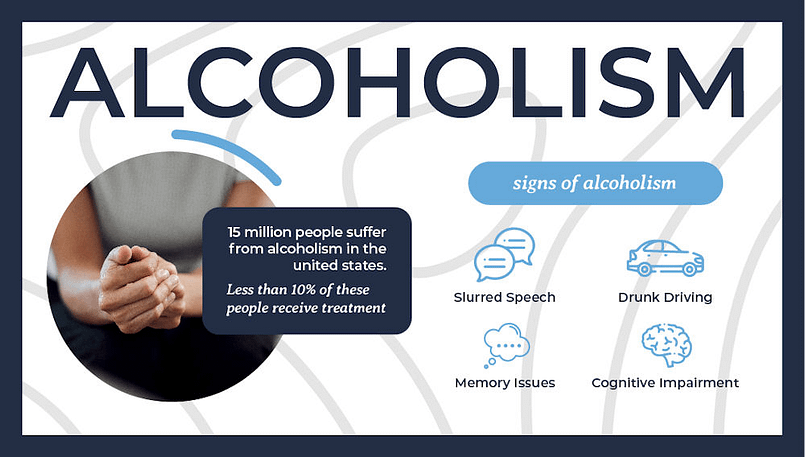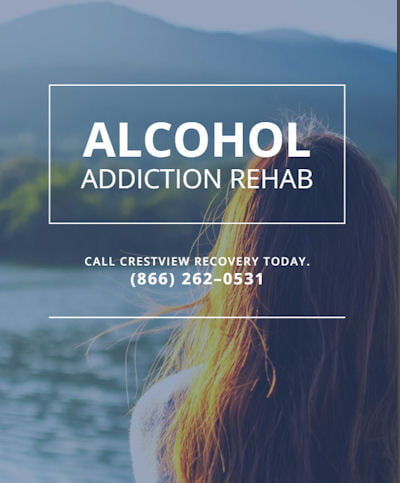
Healing Begins Here
Residential Treatment Program In Oregon
- Abusing alcohol
- Frequent blackouts
- Incoherent behavior
- Hiding alcohol
- Erratic or violent actions
- Drinking first thing in the morning or every day


For a person struggling with alcohol addiction, finding the right treatment center can be life-saving. There is no reason to quit on your own; people who attend addiction treatment programs for alcohol addiction are more successful than people who don’t.
WHAT HAPPENS WHEN YOU BEGIN AN ALCOHOL ADDICTION REHAB PROGRAM?
When you stop drinking abruptly, you will experience symptoms. This is known as alcohol withdrawal syndrome. The symptoms can include:
- Nausea or vomiting
- Profuse sweating
- Agitation or moodiness
- Tremors or shakiness
- Craving of alcohol
- Discomfort

“THIS PLACE IS PHENOMENAL. BEAUTIFUL RESIDENCE; COMPETENT, COMPASSIONATE STAFF WHO ABSOLUTELY CARE. SUPER CHILL ATMOSPHERE AND ACTIVITIES IN GREAT SPOTS AROUND TOWN. THE STANDARD IS SET HIGH HERE SO SHOW UP AND GO FOR IT, YOU WILL BE FULLY SUPPORTED.”
JUSTIN, CRESTVIEW RECOVERY ALUMNI
Once the alcohol is out of your system, you can begin the next phase of treatment. This phase involves getting to the root of how the initial alcohol abuse originated. What was the driving force behind your alcohol addiction? No one wakes up one day and decides to be an alcoholic, but rather one thing leads to another until it happens. Sadly, it can happen to anyone.
Addiction counselors assist guests through individual and/or group therapy and other activities to ensure they can unpack emotionally. Joining support groups and other people in recovery is also helpful. Professionals at the facility will assist with facilitating the group therapy sessions as well as group activities.
ALCOHOL TREATMENT AND THERAPY PROGRAMS
Your therapy plan will always include evidence-based substance use treatments, such as:
- Holistic drug rehab
- Trauma therapy
- Group therapy
- Mindfulness meditation therapy
As individuals move through their treatment program, they receive the customized care necessary to address their specific issues. This approach allows individuals to make their journey through recovery not just effective but lasting. Finding the right recovery community makes all the difference. Whether someone enters the typical residential rehab program or an intensive outpatient program, partial hospitalization program, or extended care program, they’ll have access to high-quality care.
Furthermore, Crestview Recovery offers therapeutic treatment addressing mental health and physical wellness. When individuals suffer from both a mental health issue and substance use disorder they have what experts call a co-occurring disorder. At Crestview Recovery, we address co-occurring disorders through our dual diagnosis treatment program. Here individuals receive treatment for both issues simultaneously so that when they complete the program the risk of relapse is lower.
HOW DO I ASK FOR HELP FOR A LOVED ONE OR MYSELF?























